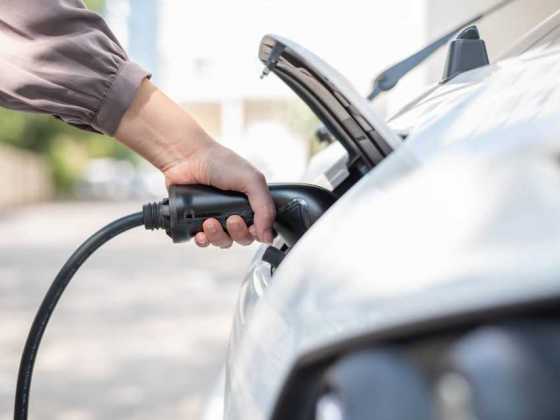Battery EV uptake doubles in November, SMMT figures show

According to SMMT, plug-in vehicle demand has continued to grow this November, with battery electric vehicles (BEVs) equating to 18.8% of the market, with 21,726 units - more than double compared with November 2020. The share of plug-in hybrid vehicles’ (PHEVs) grew to 9.3% or 10,796 units.
Year-to-date, 1,538,585 new cars have been registered, of which 17.5% have been BEVs or PHEVs, meaning one in six new cars is capable of being plugged in. When combined with hybrid electric vehicles (9.0% share), more than a quarter (26.5%) of the new car market during 2021 has been electrified.
Overall, new car registrations grew 1.7% in November, bringing an end to four months of consecutive decline, with 115,706 units registered compared to the same period last year. However, this must be viewed in the context of a weak 2020, when lockdowns impacted registrations, including November. Compared to the pre-pandemic average, the market remains down significantly, with -31.3% fewer vehicles registered during the month.
Private demand over the course of the month saw an increase of 41.7%, taking the private market share to an unusual high of 54.1%, although the growth reflects the impact that the November 2020 lockdown had on consumer purchases, as well as the supply-constrained nature of the current market as the shortage of semi-conductors undermines both production and registrations of new vehicles. The number of new cars registered to large fleets declined by a quarter (-24.7%).
Mini and specialist sports vehicle segments both saw significant increases of 139.9% and 66.8% respectively, despite representing relatively low volume segments and therefore subject to volatility. The most popular categories, remain the lower medium (28.8%), supermini (28.6%) and dual purpose (27.5%) segments.
Mike Hawes, SMMT Chief Executive, said: “What looks like a positive performance belies the underlying weakness of the market. Demand is there, with a slew of new, increasingly electrified, models launched but the global shortage of semiconductors continues to bedevil production and therefore new car registrations. The industry is working flat out to overcome these issues and fulfil orders, but disruption is likely to last into next year, compounding the need for customers to place orders early. The continued acceleration of electrified vehicle registrations is good for the industry, the consumer and the environment but, with the pace of public charging infrastructure struggling to keep up, we need swift action and binding public charger targets so that everyone can be part of the electric vehicle revolution, irrespective of where they live.”



